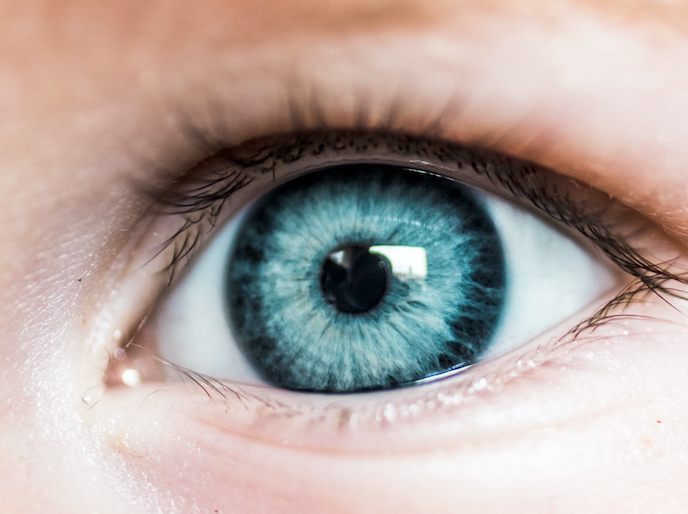Artificial intelligence set to redefine eye care
The World Health Organization(opens in new window) estimates that 420 million people live with some form of retinal diseases, including diabetic retinopathy(opens in new window), age-related macular degeneration(opens in new window) (AMD) and glaucoma(opens in new window). Even more alarming is the fact that these numbers are increasing – and increasing fast. For example, due to the world’s ageing population, AMD is expected to increase by over 25 % in the next 10 years, from 196 million to 243 million. Likewise, diabetic retinopathy, a consequence of diabetes and a leading cause of blindness, currently affects 146 million diabetics. According to the International Diabetes Federation(opens in new window), this number will hit 578 million by 2030. “Treating these diseases will require a lot of ophthalmologists,” says Arnaud Lambert, president and founder of aiVision, a French research company dedicated to developing effective diagnostics for retinal pathologies. “The expected 2 % global increase in the number of ophthalmologists over the next 25 years is critically insufficient to cope with the projected increase in demand.” With the support of EU funding, aiVision aims to fill this void using artificial intelligence (AI). “Through the development of digital tools and cutting-edge technologies, we aim to make the diagnosis of retinal diseases fully autonomous,” explains Timothée Faucon, aiVision’s chief scientific officer. “In doing so, we will help reduce blindness worldwide.”
Increasing treatment capacity
The goal of the project is to accelerate patient care by supporting rapid ophthalmological diagnosis for as many people as possible. “We do this using AI, which enables non-ophthalmologists to accurately and effectively refer patients to ophthalmologists for diagnosis and treatment,” remarks Lambert. At the heart of the solution is aiVista, an ophthalmology-dedicated tool based on AI algorithms trained to make diagnoses using different types of retinal images. In practice, a patient goes to his or her primary care provider, who uses aiVista to take pictures of the fundus, the inside back surface of the eyes. These images are then sent to aiVista’s secure cloud system, where AI algorithms analyse them and return the results in less than 2 seconds – with a proven accuracy rate of more than 99 %. “This new technology will increase the treatment capacity of ophthalmologists for the benefit of the entire population,” adds Lambert.
Eye exams anytime, anywhere
According to Faucon, the aiVista solution is set to disrupt the ophthalmologic remote patient diagnosis sector. “Through a simple eye-fundus digital camera and images taken by a non-specialist, aiVista is able to identify abnormalities and signals characteristic of different ophthalmic pathologies,” he says. “Furthermore, the solution is available 24 hours a day anywhere in the world.” This ubiquitous aspect of the solution is of particular benefit to remote regions and developing countries, where access to healthcare resources is scarce. “In France, it takes an average of 4.5 months to get an appointment with an ophthalmologist, and up to a year in some remote regions,” notes Lambert. “Our solution provides an answer to medical desertification by enabling remote diagnosis.” In addition to its deployment in Europe, aiVista is also being used in the Middle East and North Africa, with plans to launch in several African countries and the United States in 2021. Although aiVista is currently trained to identify signs of diabetic retinopathy, the company is determined to expand its capabilities to all retinal pathologies.







